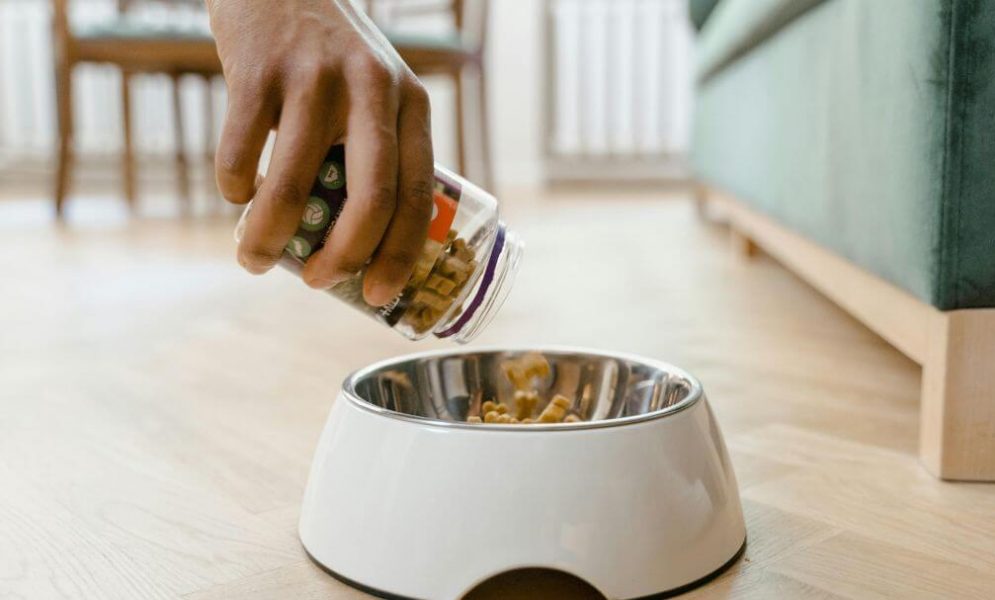What to Know Before Buying Pet Products Online


Buying stuff for your pets should be easy. Food, toys, treats, and health products are all just a few clicks away. But not all pet products are created equal—and not every seller is worth your trust.
Fake reviews, low-quality ingredients, and misleading product pages can turn a simple order into a real problem for your furry friend. And once something goes wrong, it’s tough to fix. Whether you’re shopping for your dog, cat, or even a lizard, here’s how to buy smarter and avoid the mess.
Why Reviews Aren’t Always Real
Don’t trust every five-star rating
A product with thousands of five-star reviews might look perfect. But many sellers use fake reviews to boost their rankings. Some even pay people to post them.
According to a study by the FTC, over 30% of online reviews may be fake or influenced. That includes reviews for pet food, grooming tools, supplements, and more.
Example: One pet owner in Oregon bought a joint supplement for her senior dog after reading glowing reviews. Within days, her dog got sick. After looking deeper, she found that several reviews had the exact same wording—and the product wasn’t even approved by a vet.
Before you buy, check for:
- Generic language (“My dog LOVES this!” repeated over and over)
- Reviews with no photos or details
- A huge number of reviews added within a few days
- Products with more 5-star reviews than actual sales
If it looks too perfect, it probably is.
What to Look for in Pet Food

Labels can be misleading
Pet food brands often use words like “natural,” “premium,” or “veterinarian-recommended.” But these terms don’t always mean much.
Check the first few ingredients. You want to see real protein sources—like chicken or beef—at the top. Avoid mystery terms like “animal meal” or “meat by-products.” Also, skip anything with artificial dyes or too many fillers like corn or soy.
Tip: Look for brands approved by the AAFCO (Association of American Feed Control Officials). This group sets basic standards for pet food.
Example: A man in Texas switched his cat to a cheaper food brand he found on sale. The front said “Wholesome Ingredients,” but the first ingredient was corn. His cat’s coat lost its shine within weeks. He went back to the old brand and noticed a difference in two days.
Don’t Ignore Health Warnings
Just because it’s on Amazon doesn’t mean it’s safe
Flea collars, calming treats, skin sprays—these are all things that sound helpful but can be risky.
Some online stores sell knockoff products. Others list expired items. And certain pet products can interact badly with medications or allergies.
Before buying anything health-related:
- Talk to your vet
- Check expiration dates
- Avoid listings with poor packaging or weird branding
- Look up product recalls
Example: In 2021, a popular flea collar was linked to over 1,700 pet deaths, according to reports submitted to the EPA. Yet it was still available for sale online.
Cleaning Products That Claim to Be Pet-Safe
Read past the label
Many cleaning sprays and deodorizers now say “pet-safe” on the bottle. But those claims don’t always follow strict standards. Some products are only safe once fully dry. Others should never be used near food or water bowls.
If you’re using a new cleaner on carpets, floors, or litter boxes, check the ingredients. Avoid anything with ammonia, bleach, or strong artificial fragrances.
Tip: When in doubt, stick with vinegar and water. It’s safe and works for most stains and smells.
How to Spot Sketchy Sellers
The brand matters as much as the product
Online marketplaces are full of third-party sellers. Some are legit. Others disappear after a few weeks, leaving behind low-quality products and no support.
Check the seller’s ratings and how long they’ve been active. Look for real websites, contact info, and return policies. Be extra careful with cheap “bundle” deals or off-brand supplements.
Example: A woman in California ordered a pet toothbrush kit that turned out to be missing half the pieces. The seller’s page vanished before she could return it. She left a review warning others, but it was buried by spam comments within a day.
In cases like this, some people have turned to removing content from google search to deal with fake reviews, misleading claims, or brand impersonators. While it’s not always simple, reporting these issues helps keep online spaces cleaner and safer—for people and pets.
Tools to Make Buying Easier
Use the right sites and checks
To keep your pet safe and your money well-spent, use tools like:
- Fakespot.com – Scans reviews for signs of fraud
- PetFoodAdvisor.com – Breaks down ingredients and safety ratings
- Google Safe Browsing – Checks if websites are secure
- BBB.org – Shows complaints about specific sellers
You can also join pet owner forums and subreddits to ask real people about what they use.
Quick Tips to Keep in Mind
Simple habits that make a big difference
- Always double-check ingredients
- Stick to well-known brands
- Don’t trust a product just because it’s trending
- Keep receipts and order numbers
- Store items in a cool, dry place—especially food or meds
You’re Buying for a Family Member
Your pet isn’t just “a dog” or “a cat.” They’re part of the family. So buying for them shouldn’t be rushed.
Check before you click. Look past the label. Ask questions. And make sure what you’re buying is safe, honest, and made to last.
The internet is full of great pet products—but it’s also full of noise. Learn to filter the good from the bad, and your furry friend will thank you with tail wags, head bumps, and healthy years ahead.









Leave A Comment